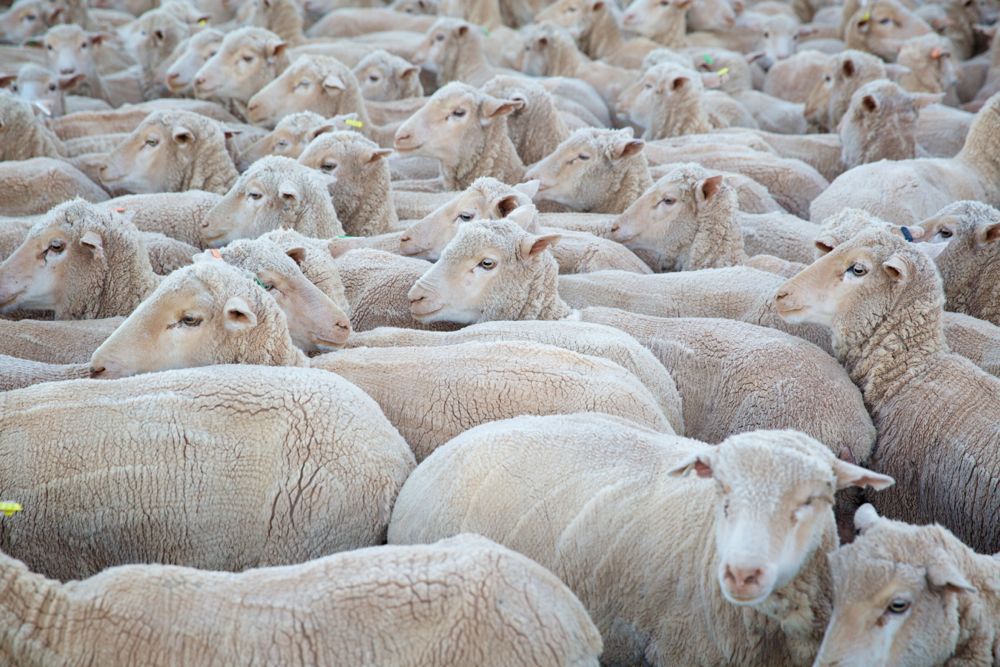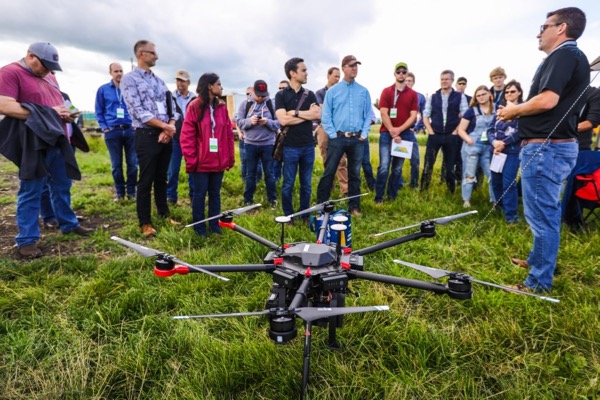Meat from cloned animals sparks debate

Glacier FarmMedia—The idea of sourcing meat from cloned animals is making waves in Canada.
On May 25, Health Canada closed consultations on a proposed policy change for cloned animal products; those from animals conceived through somatic cell nuclear transfer (SCNT) and their offspring.
The transfer involves replacing the nucleus of an unfertilized egg with the nucleus of a non-reproductive cell from another animal to form an embryo. That embryo is then transferred to a surrogate.
One proposed change would eliminate requirements to report whether hog or cattle products came from cloned animals or to have risk assessments beyond what is expected of other, established hog or cattle products.
Read Also

New ag tech pitch event to precede AgSmart
A new event in conjunction with AgSmart at Olds College aims to bring mainstream technology startup support to the agriculture sector.
Health Canada says meat from healthy cloned animals is no different than that from sexually reproduced animals and there are no health concerns with consuming meat from a cloned animal. It also says a main aspect of cloning animals is to “enhance the propagation of unique, high-value animals.”
The agency further noted cloned animals would primarily be used for breeding.
Under current rules, animal clones and their offspring are considered new living organisms and are subject to pre-manufacture and import assessment requirements. Should the proposed policy change proceed, they would be considered novel foods, which do not have those requirements.
Scrutiny
The consultation was recently highlighted by CBC. That report stated the Quebec agricultural trade union, L’Union des producteurs agricoles, released a letter noting regret that it was not invited to consult with Health Canada on the matter, and that it believes it is premature to remove monitoring and traceability of clone-derived meat.
The Quebec Food Processing Council also told CBC it was not consulted, but was not worried about the change.
Sylvain Charlebois, a professor and researcher of food distribution and policy from Dalhousie University, said he is concerned with the proposed update because it could affect consumer trust in the food industry.
“There is no plan to label the product and when you don’t necessarily have any transparency out there, you won’t help consumers understand the value of certain products. And that’s really kind of the situation we’re in right now,” said Charlebois.
According to the National Human Genome Research Institute, many cloned embryos don’t develop into healthy individuals. In the past, researchers have noticed other issues, such as birth size, birth defects and shorter lifespans.
Health Canada’s scientific report notes that cloned animals are at higher risk of birth defects and pregnancy-related complications, and that “considerably less information is known about the long-term effects on health and fertility of SCNT animal clones, mainly because cloning in livestock animals is a relatively new technology, so few clones have reached the advanced stages of their normal life expectancy.”
In the global sphere, the European Union has banned the cloning of farm animals since 2015. Other regions have more leniency. Health Canada says its proposal matches that of the United States, Japan and New Zealand.
Charlebois said he is concerned that proposed changes will affect Canadian exports to the EU.
“Would that compromise our ability to trade with the EU, which is a very important partner of ours? That’s something that we need to consider here. There are probably some risks related to Canada’s global influence.”
He said there is potential benefit in implementing this type of technology, but it should be done in a way that is transparent to consumers.
“When it comes to assessing that one technology’s ability to make any sort of social economic changes, the bottom line is consumer trust. How can consumers benefit from these advancements when there is no labelling required?”
The Canadian Cattle Association participated in the consultation. In an emailed statement, it confirmed support for Health Canada’s science-based approach on the proposed policy update. It said a reliable, science- and risk-based food safety system is crucial to the Canadian beef product.
“It is important to note cloning is not a viable production practice in Canada for many reasons, including unrealistic economic feasibility,” CCA said. “We do not see this becoming relevant in the marketplace as a production practice.
“CCA will continue to keep open lines of communication with the federal government to ensure that the best interests of Canadian beef producers are well represented and that consumers can continue to rely on a safe and nutritious Canadian beef product.”
After Charlebois posted about the proposed change on X (formerly known as Twitter), ensuing comments were divided. Many commenters said Canadians should know where their meat comes from and conveyed a desire to obtain meat from local ranchers. Others said they saw no harm in the update.
In an email, Health Canada said it is reviewing comments submitted by stakeholders during the consultation period. According to its website, it plans to implement the proposed update by fall if no new scientific evidence warrants review.
Source: Farmtario.com

